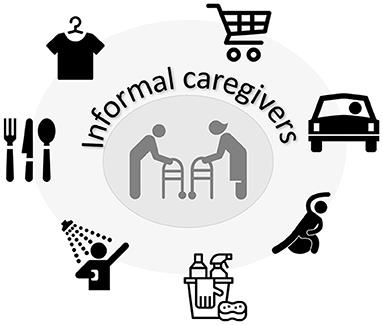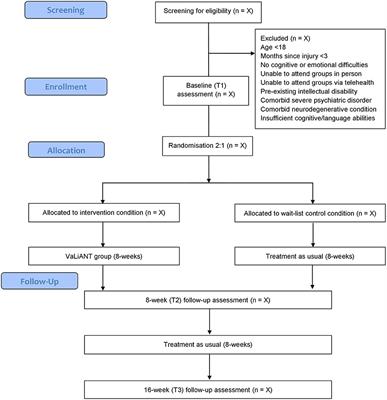EDITORIAL
Published on 08 Jun 2022
Editorial: Combined Therapeutic Approaches to Neurological Rehabilitation
doi 10.3389/fresc.2022.918005
- 1,078 views
- 1 citation
8,154
Total downloads
34k
Total views and downloads
You will be redirected to our submission process.
EDITORIAL
Published on 08 Jun 2022
ORIGINAL RESEARCH
Published on 05 Apr 2022

ORIGINAL RESEARCH
Published on 28 Feb 2022

REVIEW
Published on 10 Feb 2022

ORIGINAL RESEARCH
Published on 25 Jan 2022

ORIGINAL RESEARCH
Published on 21 Jan 2022

BRIEF RESEARCH REPORT
Published on 11 Jan 2022

BRIEF RESEARCH REPORT
Published on 03 Jan 2022

METHODS
Published on 23 Nov 2021

ORIGINAL RESEARCH
Published on 22 Oct 2021

ORIGINAL RESEARCH
Published on 14 Oct 2021

